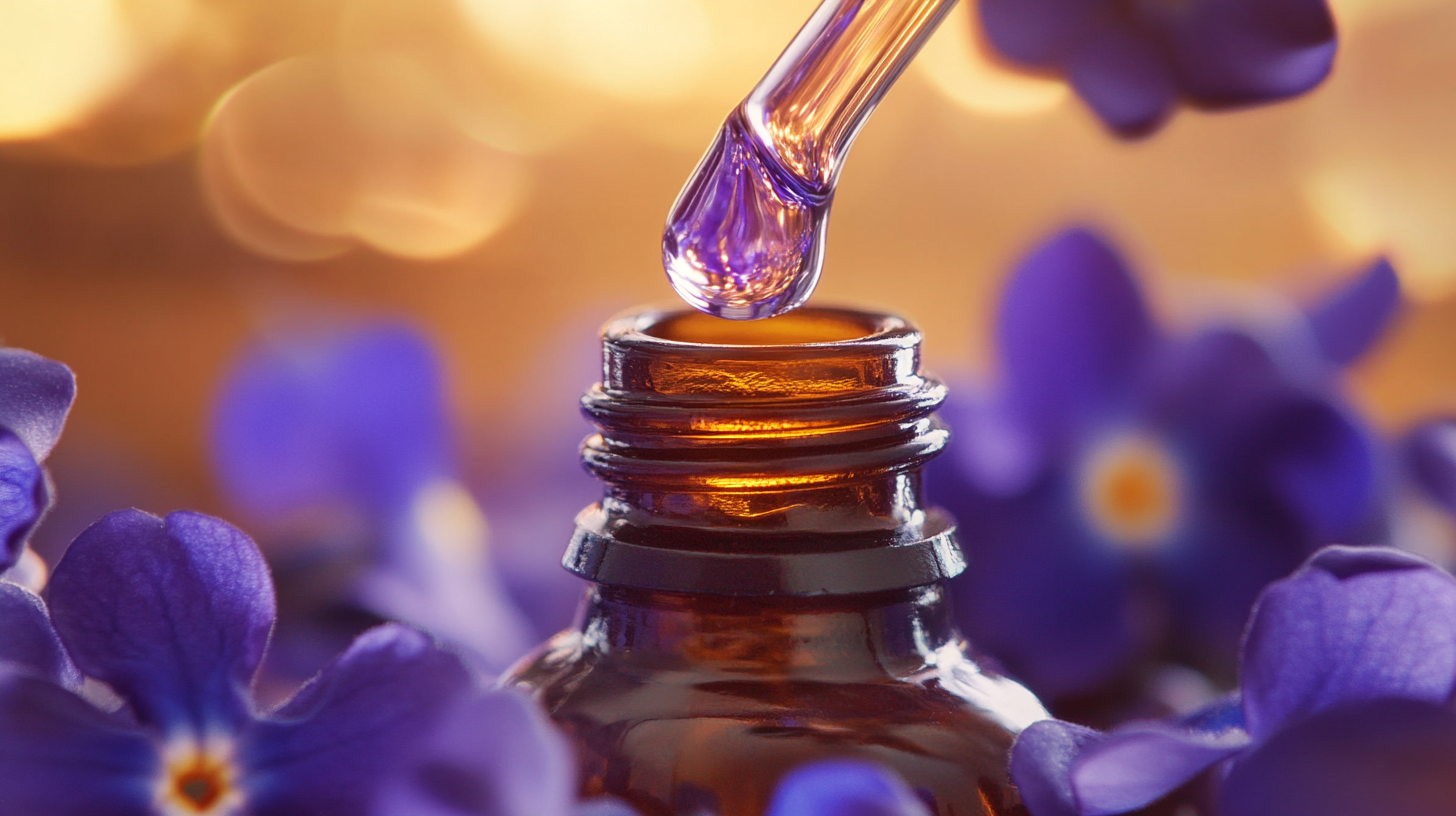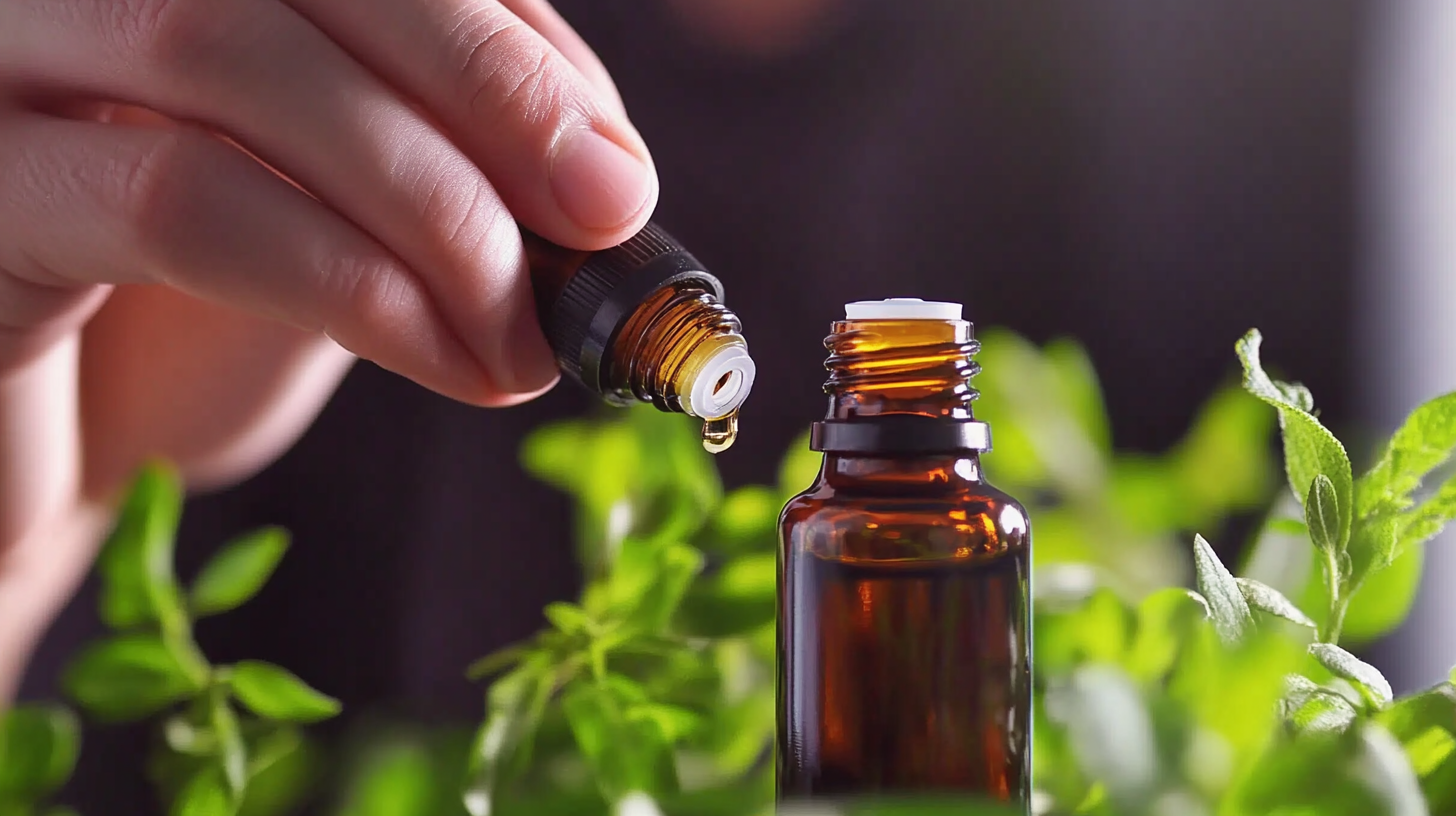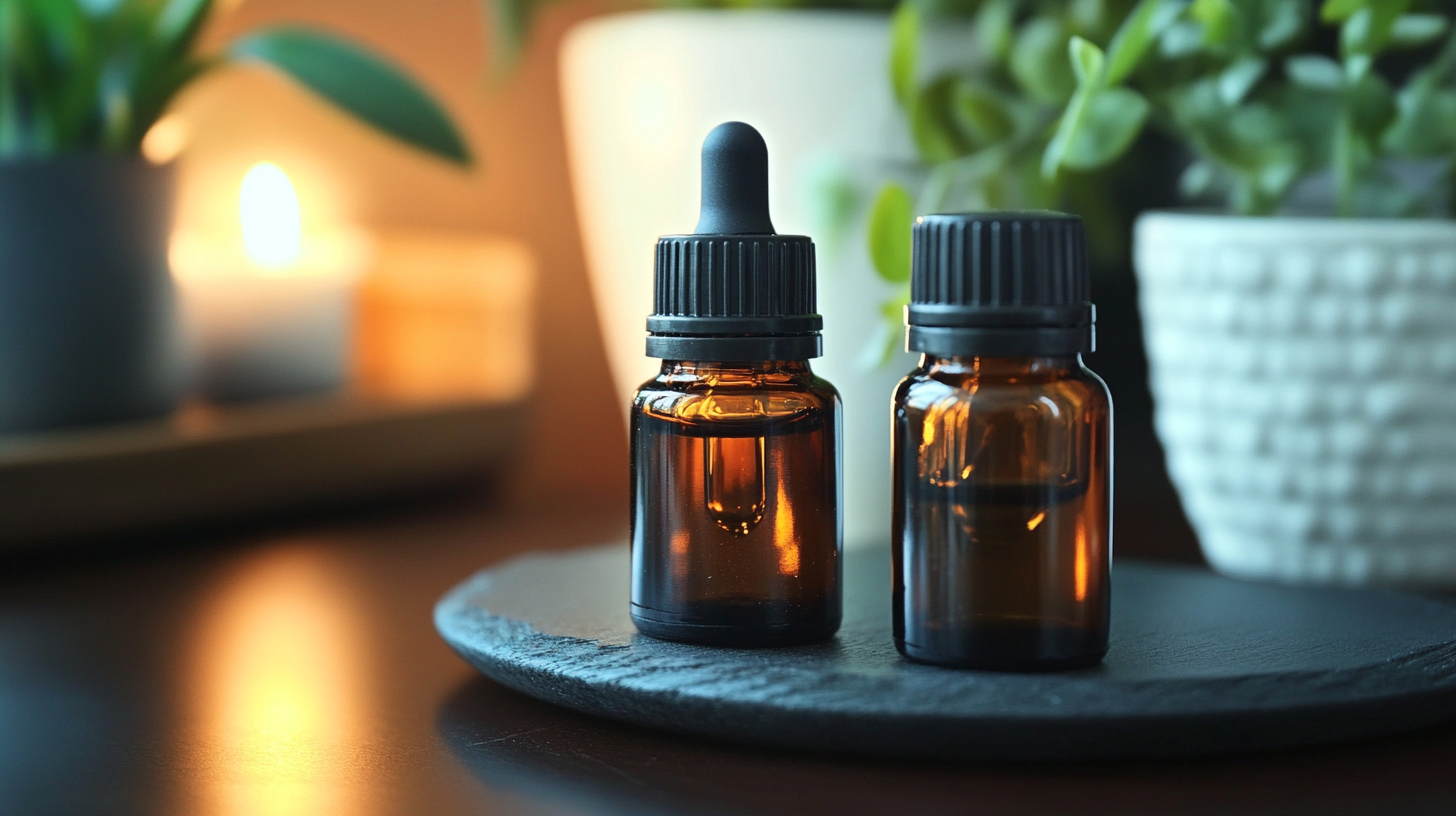

 In today's world, the use of essential oils has transcended beyond mere fragrance to encompass a wide array of applications in holistic wellness, aromatherapy, and household care. However, with a myriad of options available, selecting the best essential oil tailored to your specific needs can be a daunting task. This blog aims to illuminate the intricacies of navigating the essential oil market by exploring various industry applications and how they can enhance well-being and home life. Whether you're seeking natural remedies for stress relief, aiming to uplift your mood, or looking for effective cleaning solutions, understanding the unique properties and uses of essential oils is crucial. Join us as we delve into practical examples and expert recommendations to help you make informed decisions in your essential oil journey.
In today's world, the use of essential oils has transcended beyond mere fragrance to encompass a wide array of applications in holistic wellness, aromatherapy, and household care. However, with a myriad of options available, selecting the best essential oil tailored to your specific needs can be a daunting task. This blog aims to illuminate the intricacies of navigating the essential oil market by exploring various industry applications and how they can enhance well-being and home life. Whether you're seeking natural remedies for stress relief, aiming to uplift your mood, or looking for effective cleaning solutions, understanding the unique properties and uses of essential oils is crucial. Join us as we delve into practical examples and expert recommendations to help you make informed decisions in your essential oil journey.
 When it comes to essential oils, the quality of the product you choose can significantly impact your health and well-being. High-quality essential oils are extracted from genuine plant materials without synthetic additives or fillers. This purity is vital, as it ensures that you receive the full therapeutic benefits that these oils are known for. Poor quality oils may not only lack efficacy but can also pose health risks due to contamination or improper handling during the extraction process.
When it comes to essential oils, the quality of the product you choose can significantly impact your health and well-being. High-quality essential oils are extracted from genuine plant materials without synthetic additives or fillers. This purity is vital, as it ensures that you receive the full therapeutic benefits that these oils are known for. Poor quality oils may not only lack efficacy but can also pose health risks due to contamination or improper handling during the extraction process.
Understanding the importance of quality in essential oils means being diligent about sourcing and brand reputation. Reputable brands often provide transparency regarding their sourcing, extraction methods, and third-party testing. This knowledge empowers you to make informed decisions, ensuring that the essential oils you incorporate into your wellness routine are not only safe but also effective. By prioritizing quality over cost, you can truly harness the potential of essential oils to enhance your physical and emotional well-being.
When it comes to selecting the best essential oils for your needs, understanding the sourcing and production factors is crucial. Quality essential oils are derived from plants that are grown in optimal conditions, ensuring that the plants' aromatic and therapeutic properties are maximized. Look for oils that are sourced from reputable farms that prioritize sustainable and ethical practices. This not only supports eco-friendly cultivation but often leads to a higher quality product.
In addition to sourcing, the method of extraction plays a significant role in the efficacy of the oil. Steam distillation and cold pressing are two commonly used methods that help preserve the plant's beneficial compounds. Avoid oils that have been extracted using chemical solvents, as this can lead to impurities and diminish the oil's therapeutic benefits. By focusing on sourcing and extraction methods, you can navigate the market and choose essential oils that truly meet your health and wellness needs.
The global demand for Chinese-made essential oils has surged in recent years, driven by a growing awareness of the benefits these oils offer in aromatherapy, skincare, and holistic health practices. Chinese essential oils, rooted in centuries of traditional herbal medicine, are increasingly recognized for their unique compositions and therapeutic properties. As consumers worldwide seek natural alternatives to synthetic products, the market for these oils is seeing significant growth, with China positioned as a leading supplier.

Market dynamics reveal that the appeal of Chinese essential oils lies not only in their effectiveness but also in their affordability and authenticity. With a rich biodiversity, China offers a wide range of botanicals that contribute to the production of essential oils, from well-known options like jasmine and sandalwood to lesser-known varieties. The increasing collaboration between Chinese producers and international distributors is facilitating broader access to these products, fostering a global appreciation for their quality and effectiveness. As consumers become more discerning in their choices, the desire for sustainably sourced and ethically produced essential oils from China is likely to continue to drive this lucrative market segment.
When it comes to selecting essential oils, quality and purity are paramount. The increasing availability of essential oils on the market has created a pressing need for consumers to identify brands committed to rigorous quality standards. One notable manufacturer, for example, has taken proactive steps by providing Certificates of Analysis (CoA) for its extensive line of 100% pure essential oils. This transparency not only reinforces the integrity of the products but also assures customers that they are obtaining oils free from contaminants and additives.
In the quest for excellence, trusted brands maintain high standards that reflect a commitment to science-based practices and responsible sourcing. Consumers should prioritize brands that emphasize their adherence to quality and purity benchmarks. By doing so, you ensure that the essential oils you choose for aromatherapy or therapeutic purposes will deliver the benefits you seek without compromising on quality. As the market continues to evolve, staying informed about reputable brands will assist you in making the best choices for your essential oil needs.
When selecting essential oils, understanding the regulatory landscape is crucial to ensure safety and efficacy. The Market Research Future Report notes that the essential oil market is projected to reach USD 15.5 billion by 2025, reflecting a growing consumer interest in natural products. However, with this growth comes the need for compliance with stringent regulations. In many regions, essential oils are classified as cosmetics or therapeutic products, requiring adherence to safety standards set by organizations like the FDA and the EU Cosmetics Regulation. These regulations mandate rigorous testing for purity and quality, ensuring that consumers receive safe and effective products.
Additionally, the International Organization for Standardization (ISO) has established specific standards for essential oil production and labeling. This helps consumers make informed choices when selecting oils for therapeutic uses. Reports indicate that essential oils, when improperly sourced or fabricated, can pose health risks, emphasizing the need for purchasing from reputable suppliers who comply with these regulations. By navigating the complexities of essential oil regulations, consumers can better understand the products they choose, allowing for safer and more effective integration into their wellness routines.